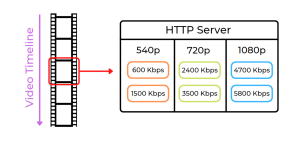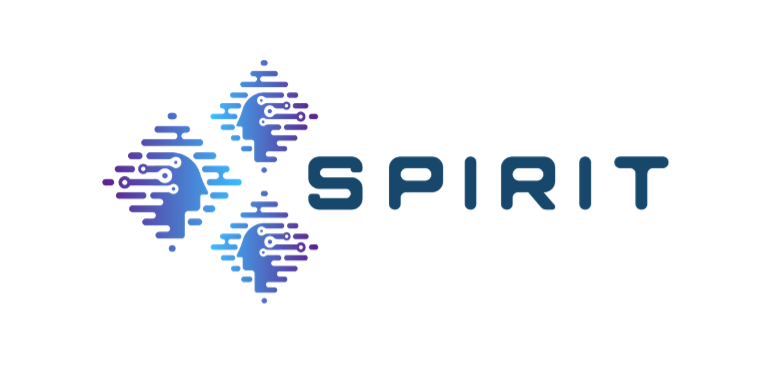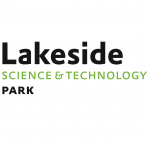14th ACM Multimedia Systems Conference (MMSys)
7 – 10 June 2023 | Vancouver, BC, Canada
Conference Website
Daniele Lorenzi (AAU, Austria)
Abstract: Video streaming services account for the majority of today’s traffic on the Internet, and according to recent studies, this share is expected to continue growing. Given this broad utilization, research in video streaming is recently moving towards energy-aware approaches, which aim at reducing the energy consumption of the devices involved in the streaming process. On the other side, the perception of quality delivered to the user plays an important role, and the advent of HTTP Adaptive Streaming (HAS) changed the way quality is perceived. The focus is not any more exclusively on the Quality of Service (QoS) but rather oriented towards the Quality of Experience (QoE) of the user taking part in the streaming session. Therefore video streaming services need to develop Adaptive BitRate (ABR) techniques to deal with different network conditions on the client side or appropriate end-to-end strategies to provide high QoE to the users. The scope of this doctoral study is within the end-to-end environment with a focus on the end-users domain, referred to as the player environment, including video content consumption and interactivity. This thesis aims to investigate and develop different techniques to increase the delivered QoE to the users and minimize the energy consumption of the end devices in HAS context. We present four main research questions to target the related challenges in the domain of content consumption for HAS systems.
Keywords: Multi-codec, HTTP/3, machine learning, green computing, HAS














